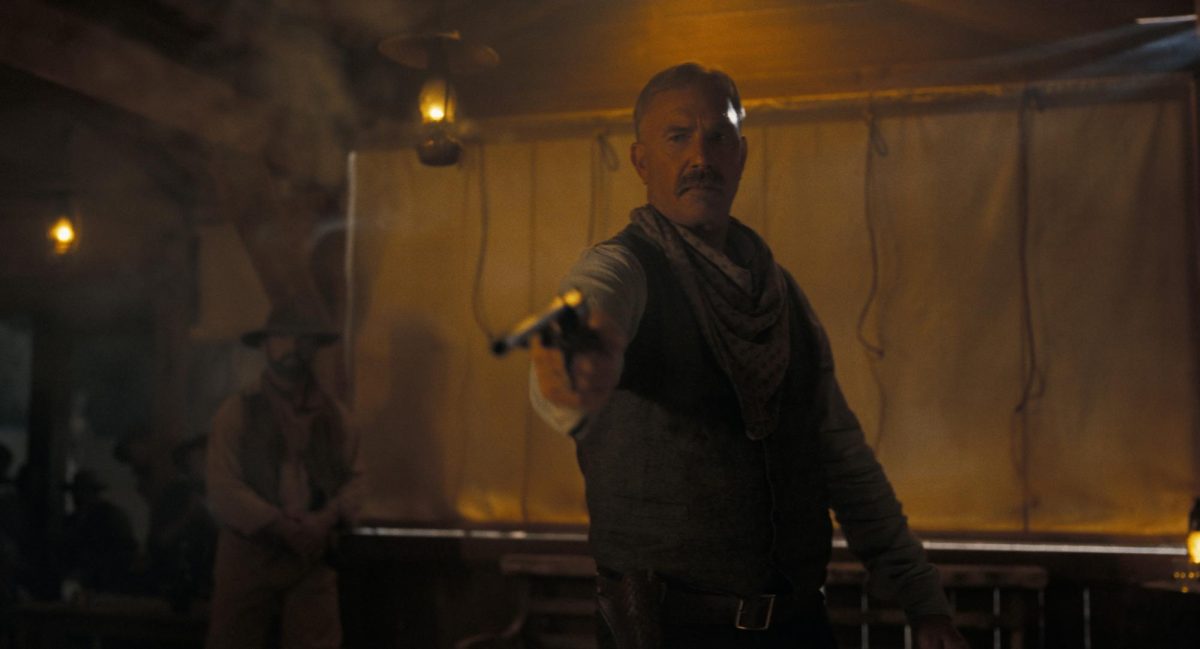On Feb. 19, 1942, President Franklin Delano Roosevelt committed one of the most egregious civil rights violations in American history when he signed Executive Order 9066. The intentionally vague order permitted the exclusion of persons from wartime military zones, and was used to justify the interment of more than 110,000 Japanese Americans in detention camps following the Japanese attack on Pearl Harbor.
“Block 8,” a new production from Plan B Theatre, centers on Topaz, a concentration camp located a few miles outside of Delta, Utah. Proceeds from Thursday’s special Day of Remembrance preview performance will be given to the Topaz Museum in Delta.
Jerry Rapier, a former adjunct instructor in the U’s theatre department and the play’s director, said “Block 8” is a dream come true, describing it as the centerpiece of this year’s Day of Remembrance events.
“Fifteen years ago, I happened upon a shelf of books about the Japanese internment in the City Library. Even though I knew I was half Japanese, I had never really thought about that as a part of me until that moment,” Rapier said. “Since then, I’ve wanted to develop a piece of theatre about the internment specific to Utah.”
The play was written by Matthew Ivan Bennett, an award-winning playwright who graduated from Southern Utah University. The play is not an expansive rendering of the Topaz internment camp, but a story of the friendship between Ken, a second-generation Japanese American studying English literature at Berkeley, and Ada, a schoolteacher who accepts a librarian position in Topaz because she can’t find work anywhere else. Ada’s son is serving in the Army, while Ken’s parents withdrew into themselves after being interned in Topaz, and so an uneasy friendship begins to blossom.
As the play continues, Ada tries to help Ken decide whether or not to fight for the country keeping his family imprisoned in the barren Utah desert. Bryan Kido, who graduated from the U’s Actor Training Program in May, plays Ken and Ada is played by Anita Booher.
Bennett, the resident playwright of Plan-B theatre, intends to show through friendship that racism is not always obvious8212;sometimes it’s unconscious and passive. He said he wanted to write about the internment because it is so unknown.
“I personally didn’t learn about it in my Utah or American history textbook, although I did learn about it as a youngster,” Bennet said. “I chose to write specifically about a story of friendship during the internment because I felt I couldn’t authentically write an expansive, documentary-like play. I couldn’t authentically be a documenter because I don’t have a neutral position on it all. I see the internment as racist and unconstitutional.”
Rapier agreed, lamenting the existence of what was once seen as a necessary wartime measure, and placing it alongside some of the most shameful occurrences in United States history.
“In the case of the Japanese internment, 120,000 people were displaced from their homes, 110,000 of them interned,” Rapier said. “Two-thirds of them were citizens. There were laws prohibiting people of Japanese ancestry from owning land, from marrying outside their race8212;immigrants could not go through the naturalization process to become citizens. And not one internee was charged, much less convicted, of espionage. Between slavery, the Trail of Tears and the Japanese internment, the United States could be a case study in how not to handle issues of race.”
Rapier said he also believes some present events bear an uncanny resemblance to the internment of Japanese Americans.
“One of (Barack) Obama’s first acts as president was to sign an Executive Order to close Guantanamo Bay,” Rapier said. “The order President Franklin Delano Roosevelt signed to authorize the creation of the Japanese internment camps, Executive Order 9066, is the order that remained open and made Guantanamo possible. So it’s coming full circle.”
“Block 8” opens Friday and runs through March 8.











